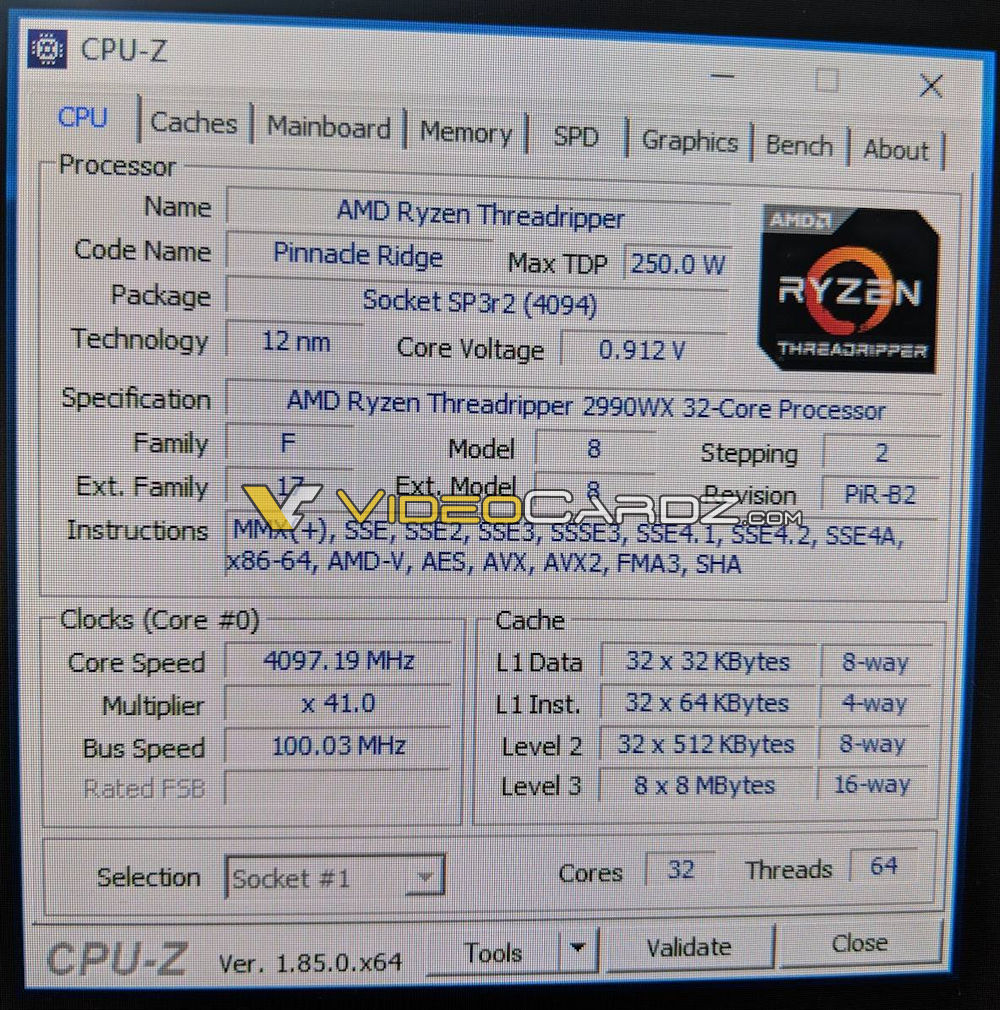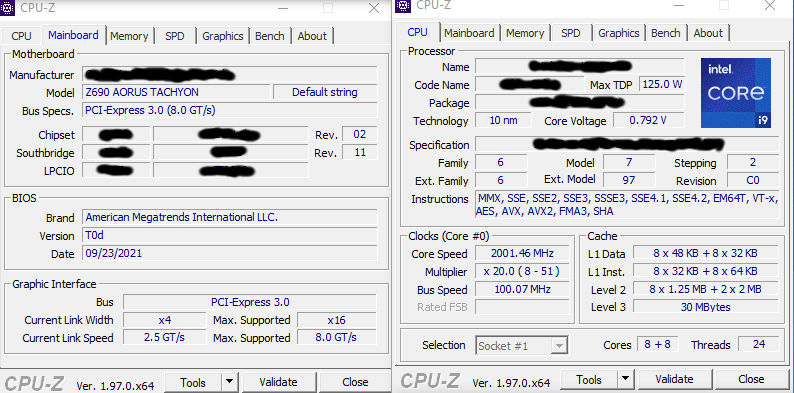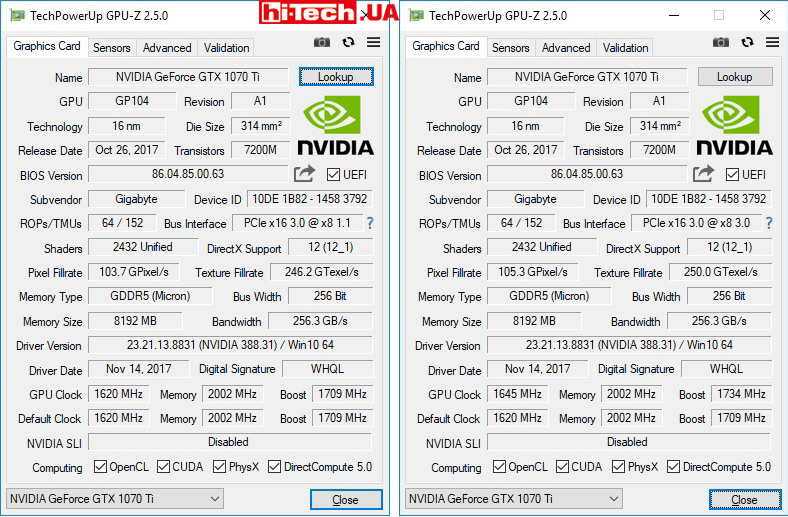

The PCIe and M.2 slots controlled by the Z590 chipset are still PCI 3.0. Last year's Z490 chipset motherboards are also compatible with the new 11th Gen Intel Core Processors, but Z590 introduces some key advantages.įirst, Z590 offers native PCIe 4.0 support from the CPU, which means the PCIe and M.2 slots powered off the CPU will offer PCIe 4.0 connectivity when an 11th Gen CPU is installed. Along with the new CPUs, there is a new chipset to match, the Intel Z590. The top-end 8-core Intel Core i9-11900K may not be able to compete against its AMD rival Ryzen 9 5900X in heavily multi-threaded scenarios, but the higher clock speeds and alleged IPC improvements could be enough to take back the gaming crown. Intel is claiming these new 11th Gen CPUs offer double-digit IPC improvements despite remaining on a 14 nm process. Now, with a booming hardware market, Intel is preparing to retake some of that lost ground with the new 11th Gen Intel Core Processors. AMD's Ryzen processors continue to show improvement year over year, with the most recent Ryzen 5000 series taking the crown of best gaming processor: Intel's last bastion of superiority. Xanxogaming also ran it through other Blender tests, too, which offered some intriguing results.After almost a decade of total market dominance, Intel has spent the past few years on the defensive. However, VideoCardz notes that there aren’t many results there to compare it to. In Blender, the Ryzen 7 5800X3D reportedly performed 3.1 to 11 percent faster than the original 5800X.

That’s lower than the single-core scoring for the Intel i7-1165G7 but higher than the Ryzen Threadripper 1950X. In Cinebench, the Ryzen 7 5800X3D scored 1,493 points for single-core and 15,060 for Cinebench. On top of Geekbench and CPU-Z, the testers also put the CPU through the wringer using Blender and Cinebench. XanxoGaming did its homework when it comes to running multiple AMD Ryzen 7 5800X3D benchmarks. Blender and Cinebench scores AMD’s official comparison of the 5800X3D and the original 5800X. In CPU-Z, the processor scored 617 and 6,506 points for single-core and multi-core benchmarks. As VideoCardz notes, that’s slightly lower for single-core results than the Ryzen 7 5800X shows in the Geekbench database. XanxoGaming says the CPU scored 1,639 points for single-core in Geekbench 5.4.4, and 10,498 for multi-core benchmarks. Overall, the results are about what you’d expect to see from a high-end processor like the Ryzen 7 5800X3D. All of the benchmarks were performance running Windows 10. The testing system also includes 16GB of DDR4-3200 memory and an RTX 3080 Ti graphics card.

That BIOS is supposed to be optimized for the 5800X3D. XanxoGaming says that it ran the AMD Ryzen 7 5800X3D benchmarks on a Gigabyte AORUS Master X570 motherboard with the F36C BIOS.


 0 kommentar(er)
0 kommentar(er)
